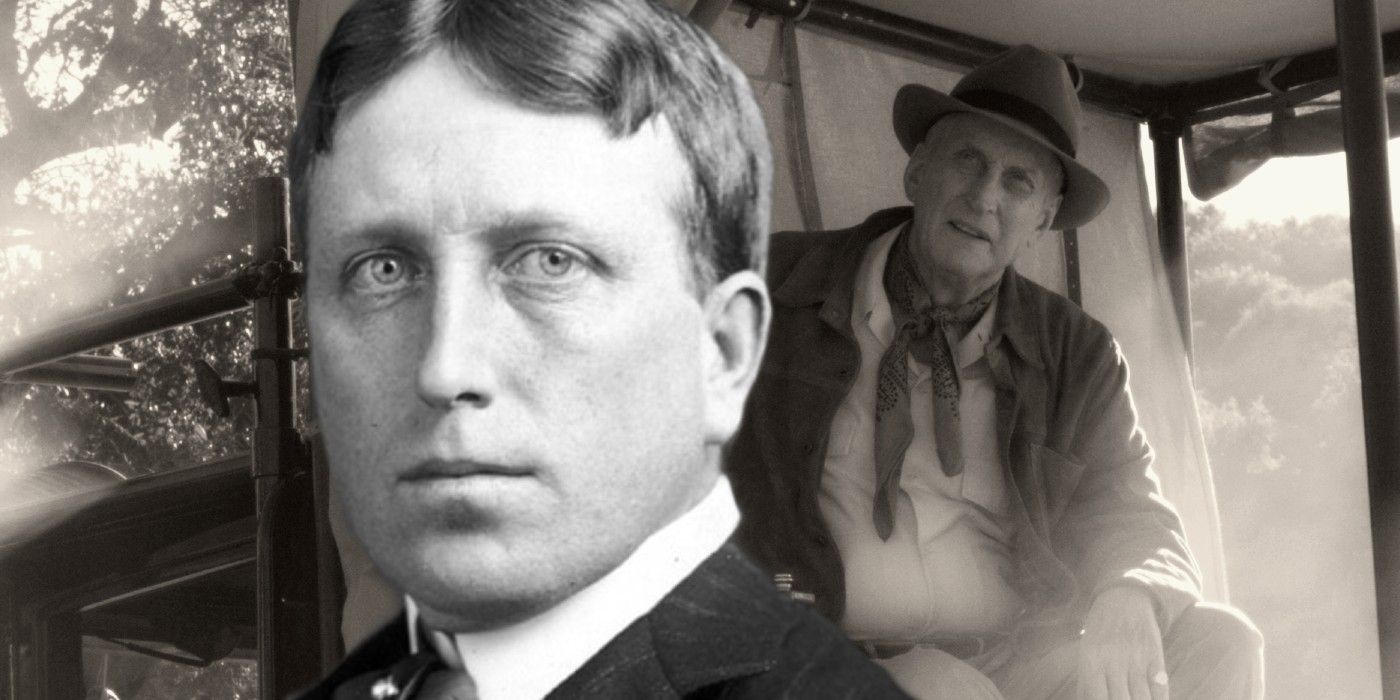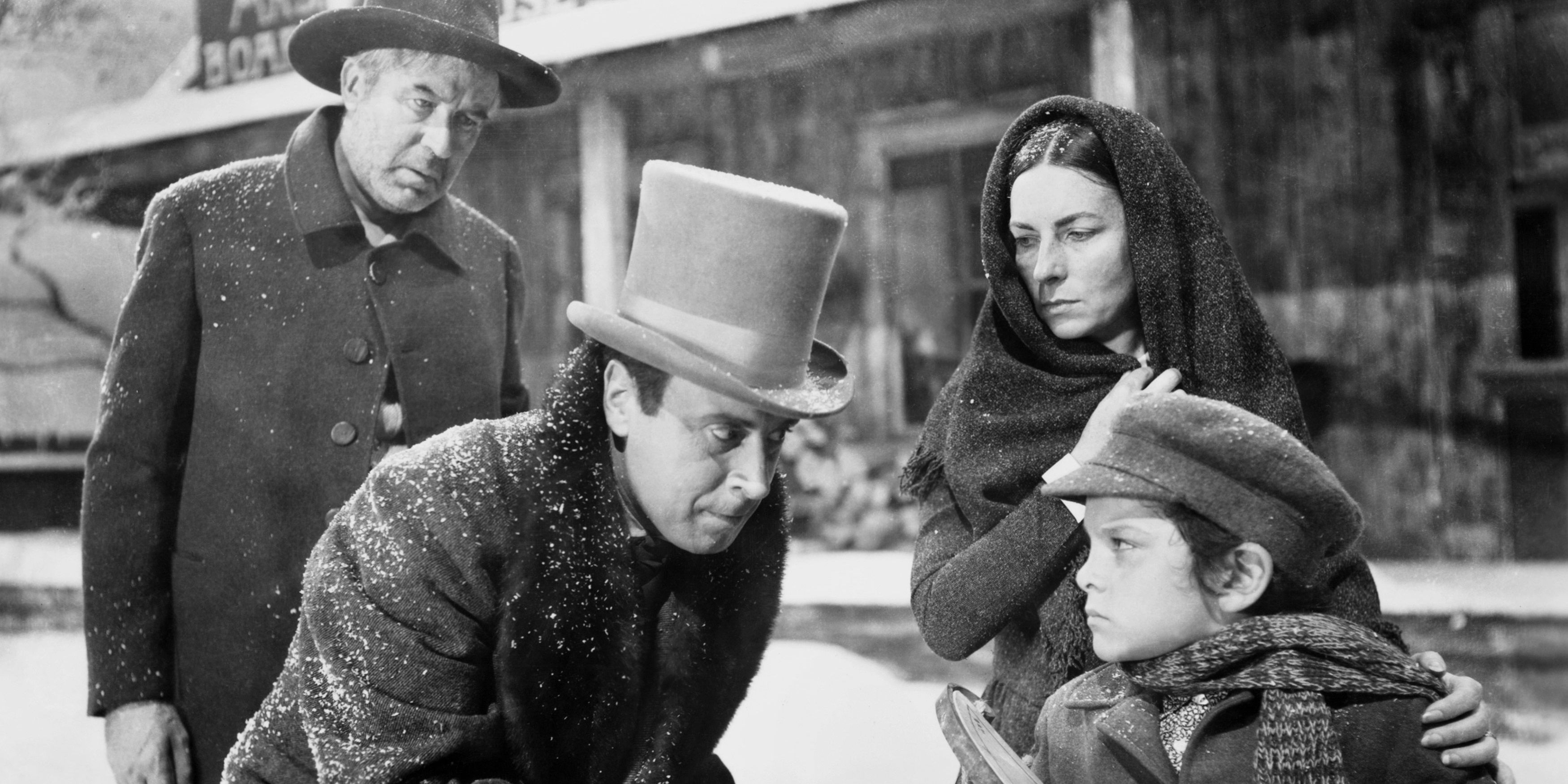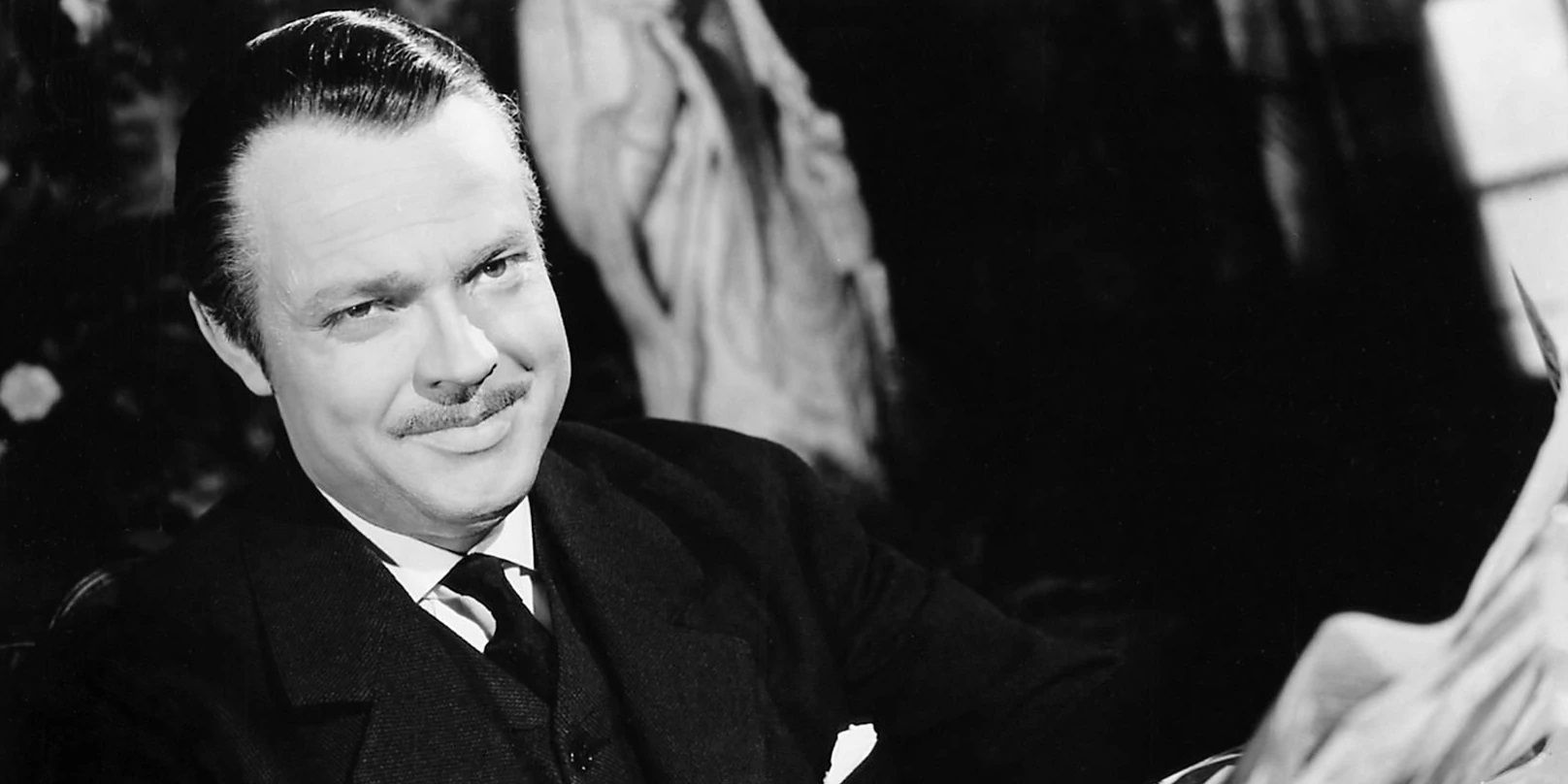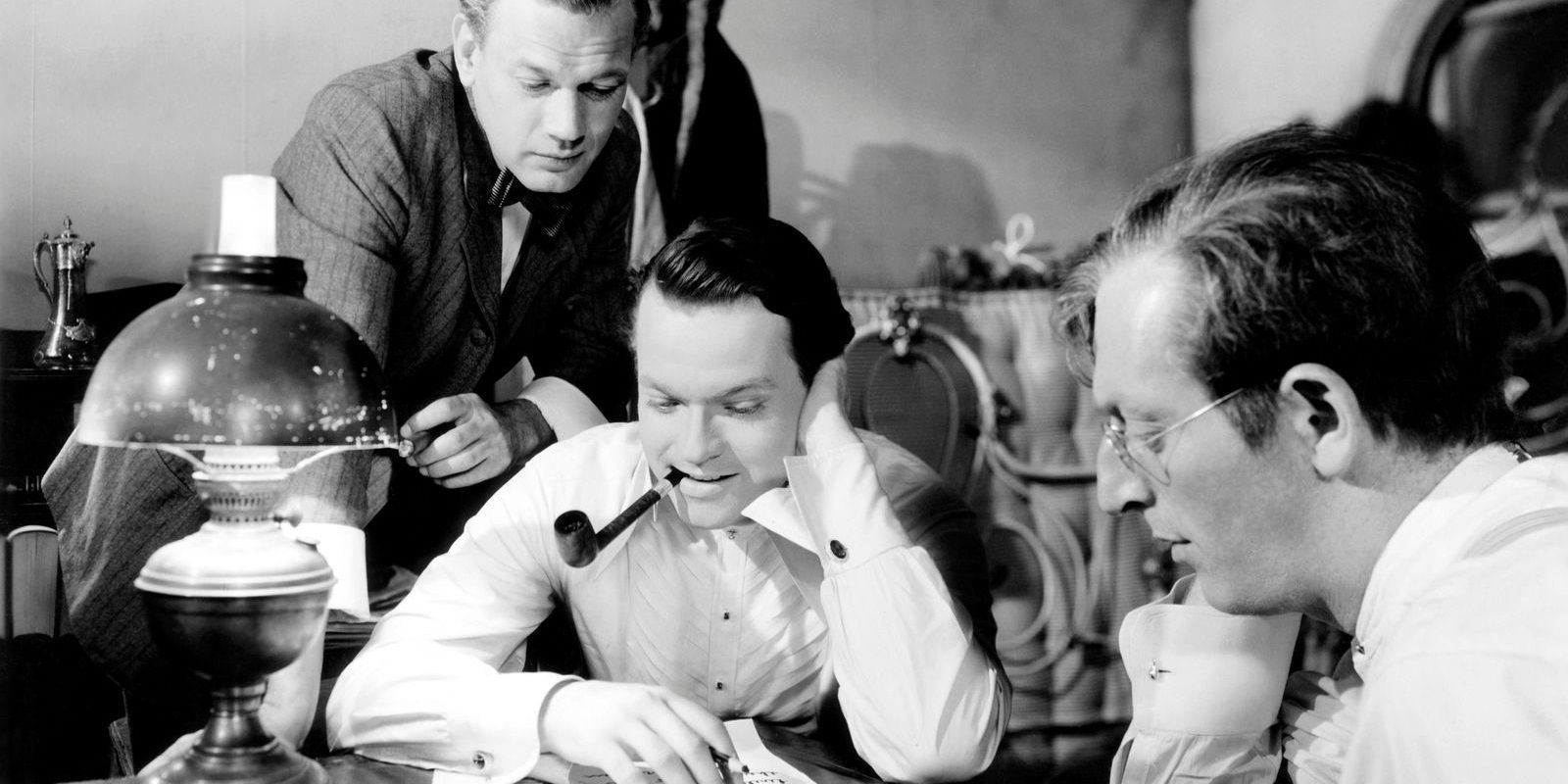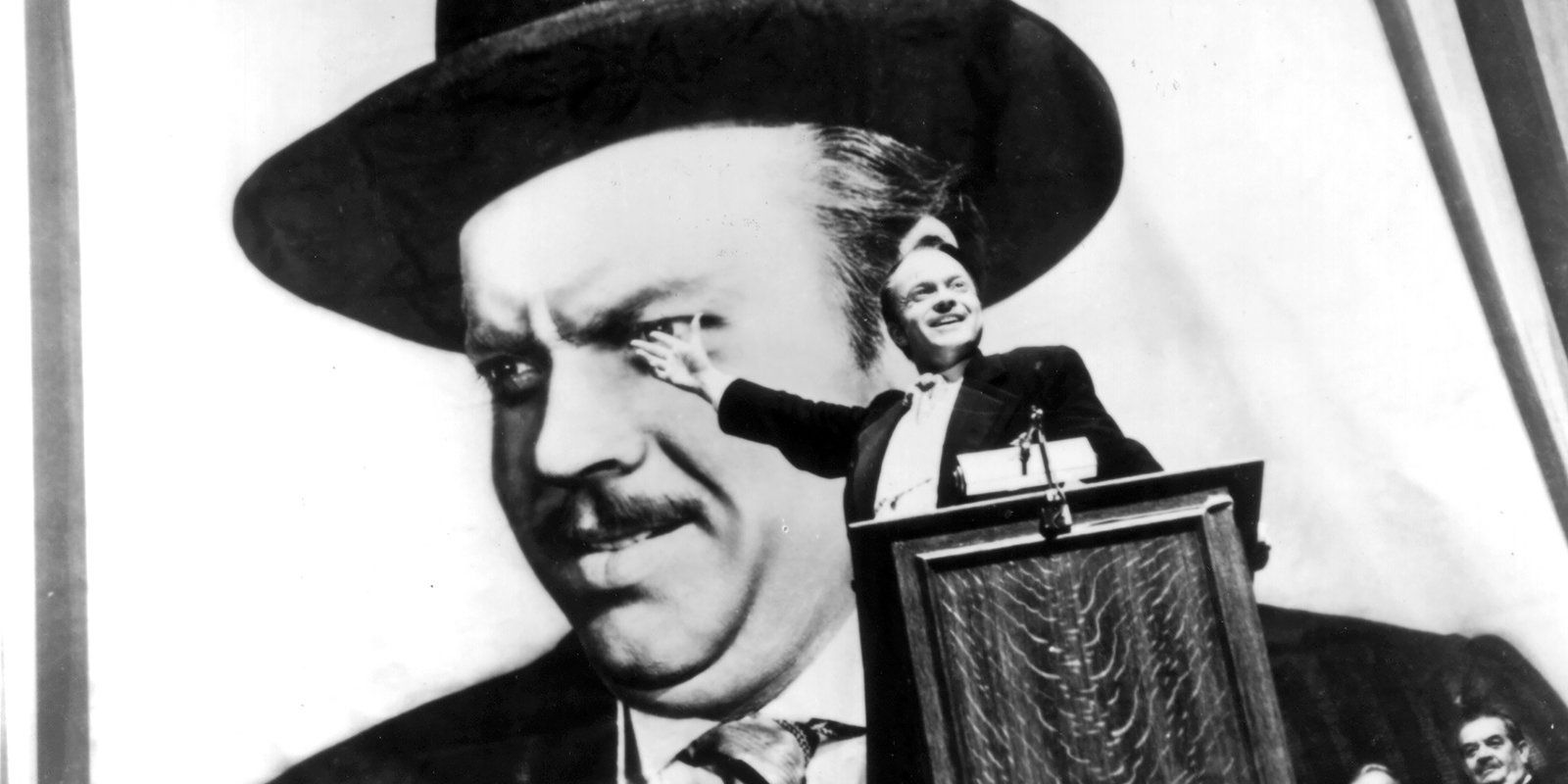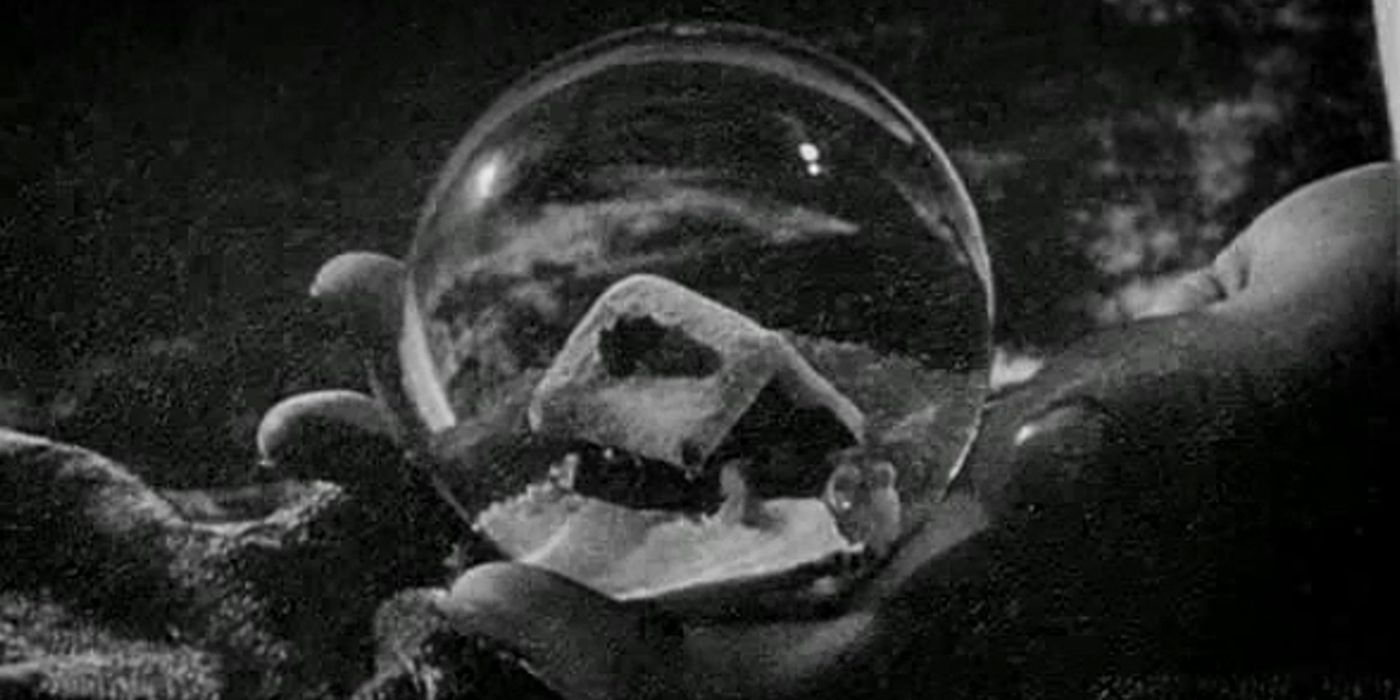There are some similarities between publishing magnate William Randolph Hearst and the main character of the classic film Citizen Kane (1941), but the film isn't a historically accurate depiction of Hearst. Netflix's Mank, directed by David Fincher (Fincher's labor of love was 30 years in the making) and written by his late father Jack Fincher, offers a fictitious account of the events surrounding Herman "Mank" Mankiewicz's (Gary Oldman) and Orson Welles' (Tom Burke) battle over writing credits for Citizen Kane: a movie considered by many to be the best made. Mank has rejuvenated interest in the movie that effectively made and destroyed Mankiewicz's career and his collaborative future with Welles.
In Mank, washed-up Hollywood writer Mankiewicz in dire need of a paycheck, and is offered a job writing a screenplay for a young Orson Welles. Fincher's film takes place in 1940 but relies on flashbacks to chronicle Mankiewicz's career as an MGM writer in the 1930s. During this time, he meets William Randolph Hearst (Charles Dance), who finds Mankiewicz interesting enough to invite him into his social circle. Hearst's attempts to manipulate and mislead the voting public with false information during the 1934 California gubernatorial election (and the subsequent suicide of Mank's friend, Shelly Metcalf) ignite Mankiewicz's disdain for Hearst and the end of their relationship. Mankiewicz gets his revenge writing Citizen Kane by making its main character, Charles Foster Kane, a thinly-disguised and unflattering version of Hearst.
The real Herman Mankiewicz was an alcoholic and a talented writer who worked on such films as Duck Soup and The Wizard of Oz, although most of his work was uncredited. According to Mark Bailey's book Of All the Gin Joints, the real Mankiewicz was a nasty drunk known to insult studio executives and actors. He was part of Hearst's social circle and was a frequent guest at Hearst's sprawling California estate. However, according to Bailey, Hearst exiled Mankiewicz after he tried to get Hearst's mistress Marion Davies drunk. In the film, Mank's eviscerating verbal takedown of Hearst following Upton Sinclair's failed bid for governor in 1934 led to their falling out. Years later, Mankiewicz took the information he was privy to during his time in Hearst's good favor and used it against the powerful businessman when writing Citizen Kane, for which Mank received an Oscar and co-writing credit with Welles.
Hearst's Early Life
In Citizen Kane, Charles Foster Kane (Orson Welles) is born into humble beginnings. His mother, Mary, runs a boarding house and amasses a fortune after being given the deed to a gold mine. She establishes a trust for her son and appoints banker Walter P. Thatcher to serve as Charles' legal guardian, believing this will better prepare her son to manage the vast fortune he'll inherit when he turns 25.
Hearst was born in San Francisco, the son of George Hearst, a wealthy mine owner and California senator. His mother, Phoebe, was a philanthropist and supporter of the suffragette movement. Hearst enjoyed a privileged upbringing and attended Harvard University, from which he was expelled. Upon his death, Hearst's father left his fortune to his wife, and when she passed away in 1919, Hearst received his inheritance. This included a 168,000 estate in Southern California, which Hearst expanded to roughly 250,00 acres. He began construction on "La Questa Encantada" (The Enchanted Hill) and spent decades building the famous retreat that was never completed. In the film, Hearst Castle, San Simeon was renamed Xanadu and its location moved to Florida's Gulf Coast.
Hearst's Media Empire
In the movie, Kane buys the New York Daily Inquirer seemingly on a whim, but Hearst's foray into journalism began in 1887 when his father made him manager of the San Francisco Examiner (he acquired the newspaper as payment for a gambling debt.) Later, Hearst bought the New York Morning Journal. Hearst was a prominent figure in the rise of yellow journalism, which relied more on splashy headlines and sensationalism than objective, fact-based reporting. Yellow journalism laid the groundwork for modern-day tabloids.
Hearst expanded his empire to daily and Sunday papers across the country, news syndicates, radio, motion pictures, magazines, and book publishing. In the film, Kane sells his media empire to Thatcher due to financial losses attributed to the Great Depression. Hearst's political crusades, overspending, and financial mismanagement led to the dissolution of much of Hearst's wealth, but he retained an active role as the editorial head of his newspapers.
Hearst's Political Career
In the film, Kane runs for Governor of New York against Jim Gettys, but his hopes are dashed due to his romantic extra-marital entanglement with Susan Alexander. The scandal marked the end of his political aspirations. Hearst's attempts to secure elected office were more ambitious and longer-lasting. He served as a member of the U.S. House of Representatives from 1903-1907. He ran for Mayor and Governor of New York, the U.S. Senate, and attempted to secure the Democratic nomination for president in 1904, but lost to Alton B. Parker. Hearst used his publications to drum up support for his campaign and causes, including support for the Spanish-American War. Early on, like Kane, Hearst was left-leaning, promising to be a champion for the working class, but later, he broke with the Democratic party and became decidedly more conservative.
Hearst's Marriage
Unlike Charles Foster Kane, Hearst did not wed the niece of a president. His wife, Millicent Wilson, was a showgirl whom he married in 1903. The couple had five sons, and although Hearst carried on a long-term affair with Marion Davies, Hearst and Wilson were still married at the time of his death (Kane's first wife and only child die in a car accident). In the film, Kane marries aspiring opera singer Susan Alexander and builds her an opera house to give her a venue to display her mediocre talents.
According to an article in Esquire, Hearst was especially infuriated about the Alexander character, whom he believed to be based on Davies. (Hearst used his connections and money to try and jump-start Davies' flagging career). "Rosebud" was reportedly Hearst's pet name for Davies, and according to Bailey, it referred specifically to her genitalia. In Citizen Kane, the narrative revolves around a reporter's investigation into Kane's life to uncover the significance of his dying word, Rosebud.
Hearst's Final Years
Following his failed bid for Governor of New York, Kane focuses considerable time and resources trying to make his wife a star, convinced her failure will reflect badly on him. After she attempts to kill herself, Kane builds her a palace named Xanadu and forces her to live in seclusion as he retreats from the public eye. His downfall is attributed to cruelty, hubris, selfishness, and abandoning the idealism that shaped him as both a young man and head of an influential empire. After his second wife leaves him, the film quickly wraps up Kane's remaining years and solving the mystery of the infamous Rosebud.
Hearst was forced to leave his estate due to his failing health and lack of nearby healthcare. In 1951 (Kane dies 10 years earlier), he passed away in Beverly Hills, CA, at 88. He left Marion Davies shares in the Hearst Corporation. All of Hearst's sons went on to work in media, and William Randolph, Jr. became a Pulitzer Prize winner. It's a far less bleak ending for the tycoon than his Citizen Kane counterpart.

